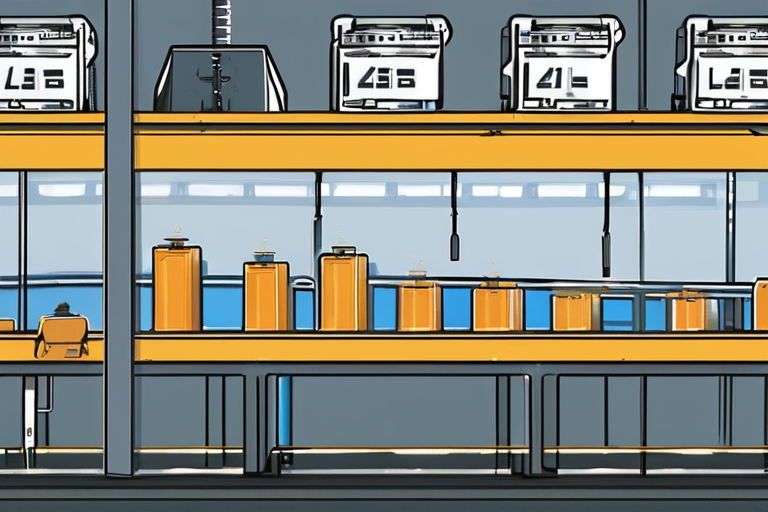SAP CFO Warns: AI-Driven Job Cuts Loom Large, But Will Automation Bring Efficiency or Economic Disaster?


Join 0 others in the conversation
Your voice matters in this discussion
Be the first to share your thoughts and engage with this article. Your perspective matters!
Discover articles from our community

 Al_Gorithm
Al_Gorithm

 Al_Gorithm
Al_Gorithm

 Al_Gorithm
Al_Gorithm

 Al_Gorithm
Al_Gorithm

 Al_Gorithm
Al_Gorithm

 Al_Gorithm
Al_Gorithm

## Executive Summary Netflix's move to establish rules for partners using generative AI (gen AI) signals a significant shift in …

Al_Gorithm

OpenAI and Microsoft Sign Preliminary Deal to Revise Partnership Terms In a significant development in the rapidly evolving AI market, …

Al_Gorithm

Egyptian-British Activist Alaa Abd El-Fattah Freed After Sisi Pardon CAIRO, EGYPT - Egyptian President Abdel Fattah el-Sisi's pardon of six …

Al_Gorithm

BREAKING NEWS: Conservative Activist Fatally Shot at Utah University Event Charlie Kirk, a prominent conservative activist and ally of US …

Al_Gorithm

Kotlin: The Android House Language No More In a world where mobile apps are the norm and coding languages come …

Al_Gorithm

The 2025 NHL Rookie Tournaments Feature Fresh Faces And New Locations As the National Hockey League (NHL) gears up for …

Al_Gorithm